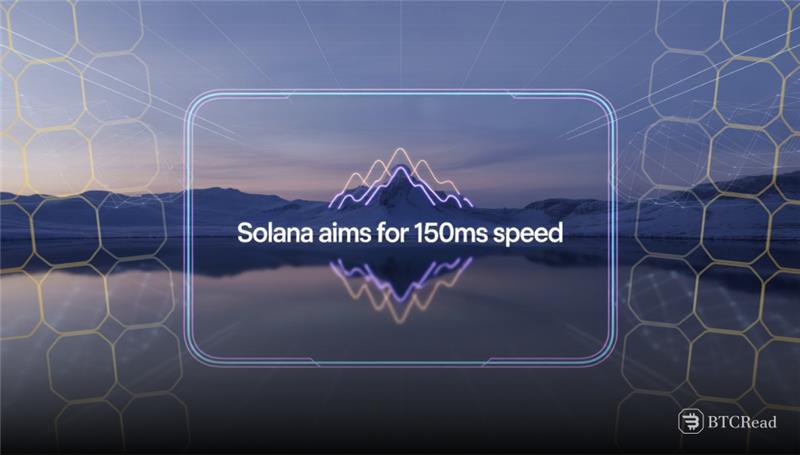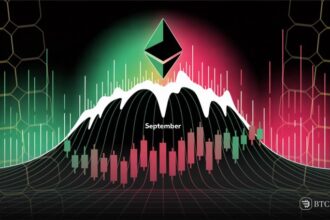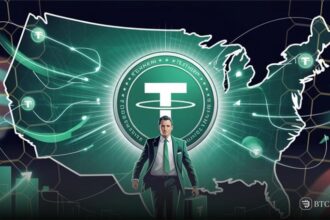More than 99 percent of validators backed Solana’s long-anticipated Alpenglow proposal, pushing it close to final approval.
It suggests reducing Solana’s transaction finality from 12.8 seconds all the way to nearly 150 milliseconds of revolutionary blockchain efficiency.
Anza, a development firm spawned from Solana, introduced the Alpenglow consensus protocol in May as Solana’s biggest-ever update.
More than 99.6 percent of votes now support the proposal and comfortably exceed quorum requirements.
Voting started on 21st August and will conclude at epoch 842, expected Tuesday at 1 pm UTC. Validators already achieved the 33 percent quorum, making final approval highly likely with the current strong support.
Solana Alpenglow upgrade targets unmatched blockchain speed
It would, if successful, bring Solana to one of the fastest blockchains, faster than Sui’s 400-millisecond transaction finality.
Upgrade would also match and possibly exceed internet standards like searches on Google, which succeed within 200 milliseconds.
Transaction speed has always been a competitive priority, since Ethereum transactions take on average after twelve minutes despite earlier inclusion.
Bitcoin finality also consumes a lot of time, leaving room for faster blockchains such as Solana to grow their user adoption considerably.
Alpenglow can redefine use cases beyond games or payments and apply Web2-level responsiveness to entirely new blockchain application segments.
Researchers Quentin Kniep, Kobi Sliwinski, and Roger Wattenhofer shed light on these possibilities when Alpenglow published its white paper in May.
Firedancer client to enhance Solana reliability
Upgrade Alpenglow consists of two main components: Votor and Rotor, and both are designed to enhance performance and network dependability.
Votor would manage voting transactions and not allow finalizing of blocks, so blocks can be quickly confirmed with high network validator participation.
The Rotor would replace the proof-of-history timestamping system, enabling faster consensus among network nodes regarding the blockchain’s current state.
Alpenglow can’t completely elude network shutdowns, though, because previous Solana shutdowns uncovered single-client dependence issues.
Currently, Solana relies on the Agave client, but a new validator client, called Firedancer, is expected to arrive later this year.
Firedancer will introduce client diversification and reduce potential risks by solidifying Solana’s infrastructure with the powerful Alpenglow consensus protocol update.







